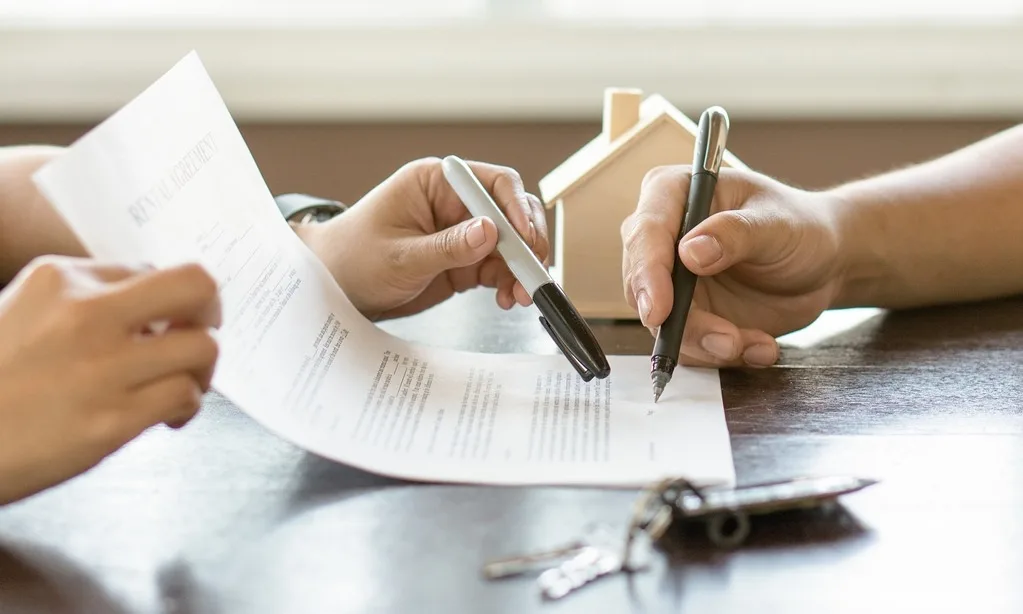Navigating the ins and outs of real estate management in Dubai can be quite a challenge, especially when it comes to understanding the legal landscape. As a property owner or manager, it’s crucial to be familiar with Dubai’s real estate laws to ensure you’re always on the right side of the law. In this blog, we’ll break down the key legal aspects of real estate management in Dubai, helping you manage your properties effectively and legally.
Dubai’s real estate market is governed by a solid legal framework aimed at protecting both property owners and tenants. The Real Estate Regulatory Agency (RERA) is the body that oversees real estate activities and ensures compliance with local regulations. Keeping up with these laws is essential for anyone involved in real estate management.
Landlord and Tenant Law
Knowing the rights and responsibilities of landlords and tenants is fundamental to avoiding disputes. Dubai’s rental laws, primarily Law No. 26 of 2007 (as amended by Law No. 33 of 2008), outline the regulations governing rental agreements. These laws stress the importance of clear lease agreements, specifying terms of rent, duration, maintenance responsibilities, and conditions for termination. Both parties should be fully aware of their obligations.
Property Registration and Ownership
Registering property with the Dubai Land Department (DLD) is a must for all real estate transactions. This process ensures legal recognition of property ownership and provides a secure record of ownership. Dubai has established Law No. 7 of 2006 concerning real property registration, which outlines the procedures and requirements for registering property. Dubai offers different types of property ownership, including freehold and leasehold. Foreigners can own property in designated freehold areas, subject to specific regulations. It’s crucial to understand these ownership types and their implications.
Rental Dispute Resolution
Despite best efforts, disputes between landlords and tenants can arise. The Dubai Rental Dispute Settlement Centre (RDSC) is the go-to body for resolving such conflicts. Common disputes include issues related to rent increases, maintenance responsibilities, and eviction. The RDSC follows a structured process to address grievances, offering a fair resolution based on existing laws.
Maintenance and Safety Regulations
Landlords are responsible for keeping their properties up to health and safety standards. Regular inspections and prompt repairs are mandatory. This not only ensures tenant safety but also preserves the property’s value. Non-compliance can lead to legal penalties and damage your reputation as a property owner.

Eviction Laws and Procedures
Evicting a tenant in Dubai requires following specific legal procedures. Valid reasons for eviction include non-payment of rent, property damage, or the landlord’s personal use of the property. Adequate notice must be given, as specified by law, and the proper process followed to carry out the eviction. Understanding these procedures is essential to avoid legal issues.
Taxation and Fees
Property owners in Dubai have various taxes and fees to keep track of, including Value Added Tax (VAT) and service charges. These financial obligations must be met to avoid penalties. Staying on top of these expenses and ensuring timely payments is crucial for maintaining compliance with Dubai’s financial regulations.
Foreign Investment Regulations
Dubai’s real estate market attracts many foreign investors, but it’s important to understand the rules around foreign ownership. Expats can invest in designated freehold areas, and they must follow specific procedures for property transfers and sales. Being aware of these rules helps secure a smooth investment experience.
Compliance and Penalties
Failing to comply with Dubai’s real estate laws can lead to significant penalties. These can range from fines to legal actions, which can severely impact your property management operations. Regularly reviewing legal requirements and consulting with legal experts can help you stay compliant and avoid these penalties.
Understanding the legal aspects of real estate management in Dubai is crucial for property owners and managers. From tenant laws to property registration and dispute resolution, being informed helps you manage your properties effectively and legally.
Let Strada’s team of experts handle all your property needs with professionalism and care. Contact us today for a free consultation and see how we can help you navigate Dubai’s legal landscape and achieve your property goals.






